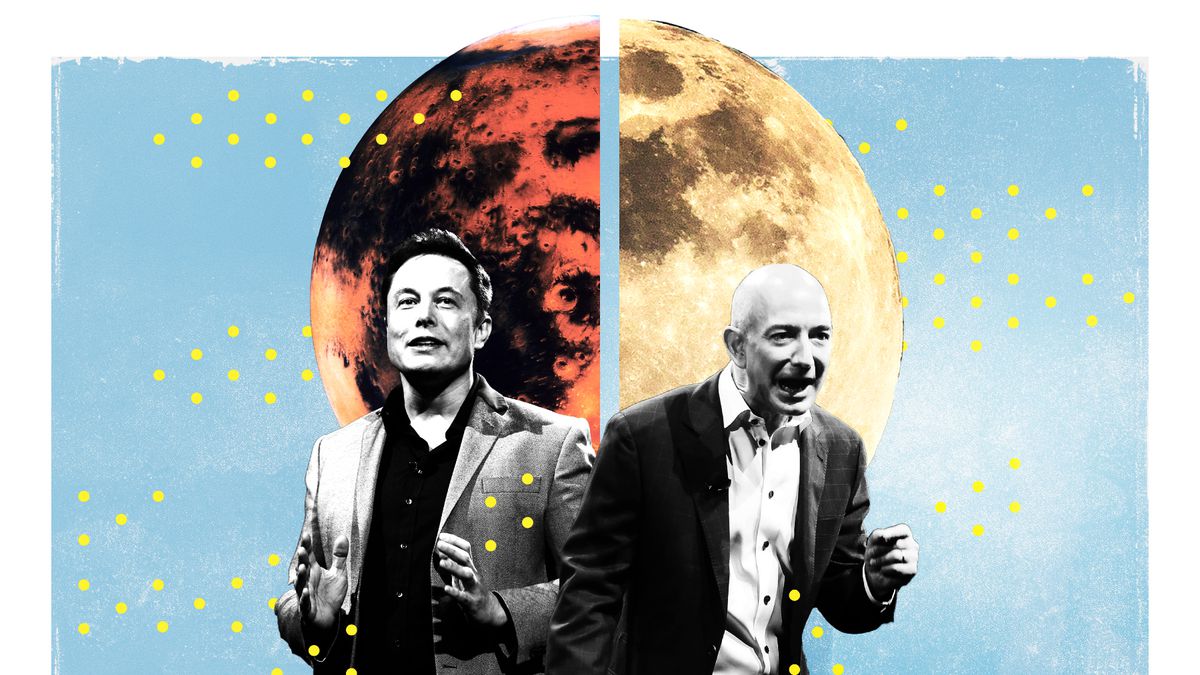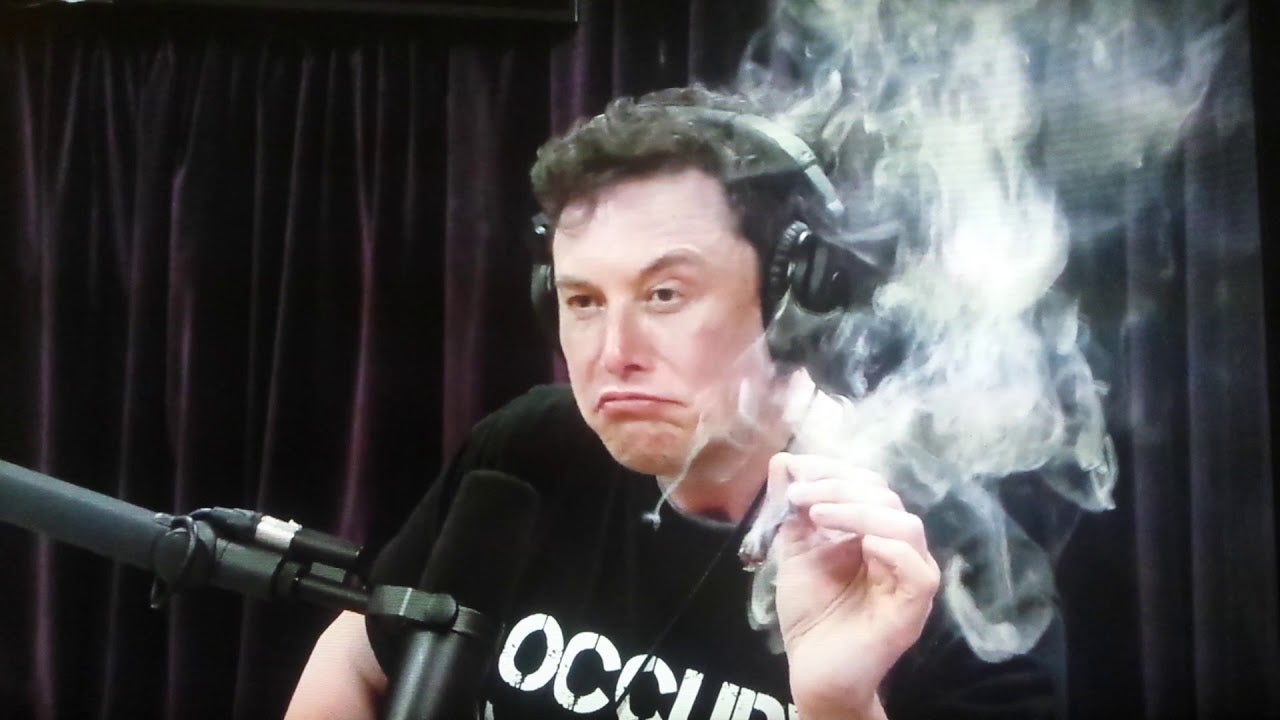 "Groagun" (groagun)
"Groagun" (groagun)
11/20/2019 at 15:17 • Filed to: None
 0
0
 5
5
 "Groagun" (groagun)
"Groagun" (groagun)
11/20/2019 at 15:17 • Filed to: None |  0 0
|  5 5 |

What do humans do?
It’s kind of an odd question but one that needs to be addressed at the moment. I’m asking a serious question about the very nature and ‘purpose’ of human kind.
I think the most basic and ground level answer is this: Humans are explorers.
By our very nature and intelligence capabilities, we move from where we are to scavenge for new food sources and to ‘just see what’s over that hill.’ We cannot help ourselves; it is our nature to explore and to expand not just our physical space but our mental capacity as well. What good are these massive brains if you never leave your own house or even neighborhood?

The classic explorers we all think of, the ones in the book above, most of them were men of action in the time of the big sailing ships. Vessels capable of crossing oceans and supporting a crew of hundreds for months on end, with the exception of the Apollo XI: we’ll come back to that one later.
I am not an expert in the detailed history of the classic explorers and I may be wrong about 1 or 2 of them but I think my general knowledge and assumptions about them are mostly true. Most if not all were agents of a national or regional government.
Most were on explorer missions to capture new land for the King or Queen, enslave a group of people for service to their state, open and find new trading partners and goods for their country/King/Queen and so on and so on. By now I think you understand what I’m getting at.
A few were for simple scientific discovery or map making, but most were for commerce and the enrichment of the state who hired them. The amount of resources needed to take on such a journey could only be paid for by a wealthy government or monarch in most cases.
This came
with varying degrees of success and really depended upon who you were in the
deal that was struck: just ask the Native peoples of America and the Caribbean
how much they love Columbus.


I am not here to be a historical revisionist, nor am I here to equate the actions of say Christopher Columbus to Elon Musk, not at all, but I am here to point out the difference and what I see is potentially a huge and even greater threat than some of the classic explorers posed to indigenous and native populations.
As agents of the state, the classic explorers did their duties with the intent of nation building and enriching the state itself: I’m not ignoring the fact it mostly enriched the King/Queen and the ‘upper crust’. It did though at least have the appearance and side effect of greater public benefit.
Now
however, with Mr Musk and Bezos and a handful of others, not just individuals
but corporations as well, private exploration and expansion can be achieved
with private funds with no public support needed.

But ‘wait’ you say, SpaceX can’t just launch a rocket without proper permission from some governing body. Well, kind of true but who or what is that governing body and who controls and watches over them?
!!! UNKNOWN CONTENT TYPE !!!
When individuals like Mr. Musk or Bezos can’t get the necessary permission from the USA Government, what stops them from going elsewhere? Are we willing to just let these handful of men and corporations fill the night skies with satellites for whatever purpose they see fit and necessary? How far are we from a branded moon or someone just claiming the moon as theirs? It sounds crazy but again just look back at our history of state sectioned genocide and territory grabs, the world over, and now consider that a single individual can do the same with Earth’s orbit, the moon or even Mars.
The question
isn’t “can we or anyone ‘own’ the moon”? The question is, “who will govern that
situation and by what means will we enforce those rules”, a set of rules that
needs to be agreed up on by everyone. Russia can’t go off and just do its own
thing in complete contrast to the rules, but you know it will try and I’m
really looking side eyed at you America.

With the advent of private space travel and the ability of uber wealthy individuals like Musk and Bezos, truly new territory and law needs to be made and structured. If we don’t, any semblance of ‘public interest and good’ could be absent from the desires and whims of a wealthy man with healthy ambitions and no one to say no to him.
 RallyWrench
> Groagun
RallyWrench
> Groagun
11/20/2019 at 15:47 |
|
There is no dark side of the moon, really. Matter of fact it’s all dark.
 OPPOsaurus WRX
> Groagun
OPPOsaurus WRX
> Groagun
11/20/2019 at 15:59 |
|
the moons flat
 Dakotahound
> Groagun
Dakotahound
> Groagun
11/20/2019 at 17:00 |
|
One could make the argument that, once the “agents of the state” made the initial discoveries that benefi ted the gentry and public (mostly the gentry), private industry took over and exploited the newfound knowledge. Consider the profits made by the Dutch East India and Dutch West India Companies (sometimes referred to as “Exxon with guns”). This exploitation benefi ted only private investors.
NASA, a government agency, was the first to sponsor United States space exploration; and many of their discoveries and inventions have benefi ted society as a whole. Now, private industry is taking over, in the same way that private entrepreneurs took over from the classic explorers.
Having stated that, I agree with your argument – we cannot just allow private industry to make their own rules in space. In the same way that industries incorporate for the public interest (of course, many do not abide by public interest standards), space exploration must pass the litmus test of benefi ting society without harming the citizens of Earth.
 Groagun
> Dakotahound
Groagun
> Dakotahound
11/20/2019 at 17:58 |
|
Agreed and well said
 Groagun
> OPPOsaurus WRX
Groagun
> OPPOsaurus WRX
11/20/2019 at 18:02 |
|
Ha